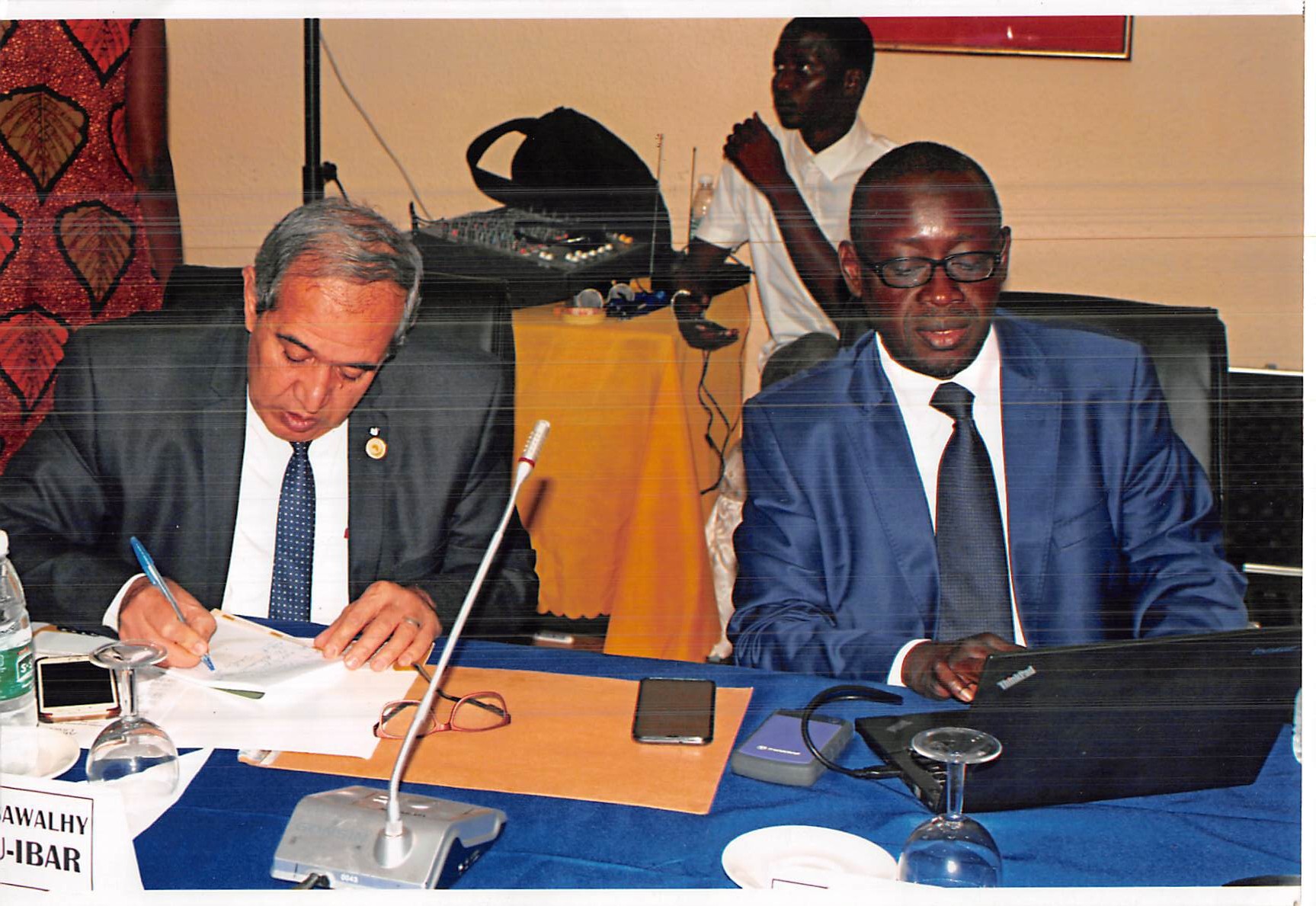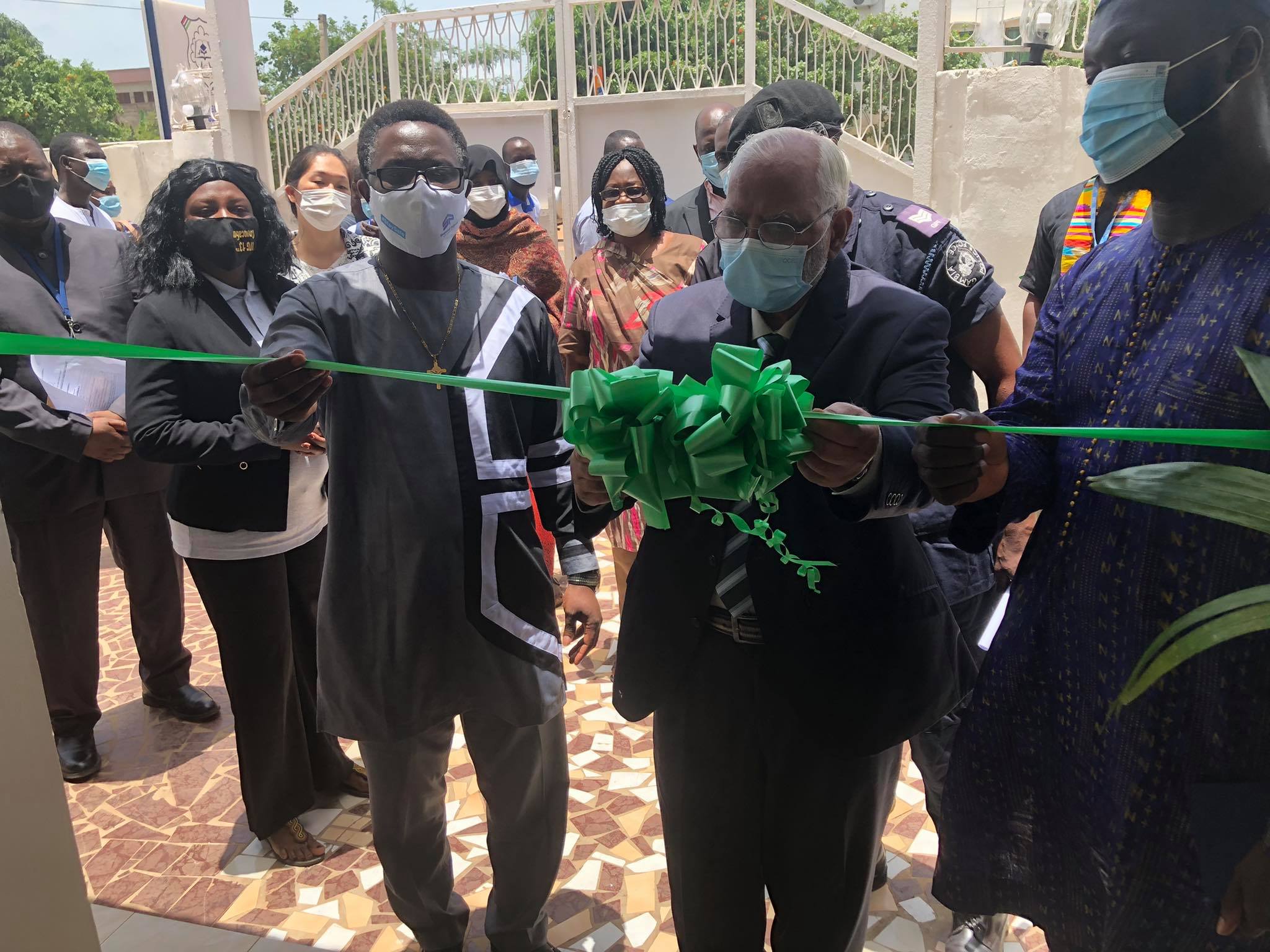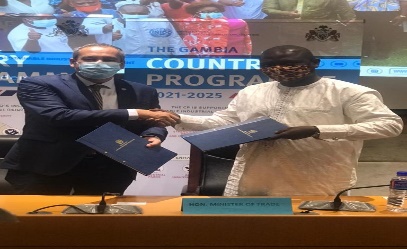The Director of African Union -Inter-African Bureau for Animal Resourced AU-BAR ,professor Ahmed El-Sawalhy who is also the head of mission were recently in the Gambia to help strengthen the veterinary legislation.
The delegation arrive last Wednesday and returned over the weekend after witnessing the closing ceremony of a two weeks seminar on collective review of Veterinary Legislation organized and supported by AU-IBAR for AU members states.
The forum was hosted by the Department of livestock services under the ministry of agriculture and held from 30th September to 11th October 2019 at Senegambia Beach hotel.
The forum was attended by 23 countries, representing over 70 participants in the continents.
In delivering his speech at the last day of the forum, the AU- IBAR, head of mission said the GAP analysis and evaluation of the veterinary legislation undertaken since 2006 by the World Organisation for Animal Health (OIE) highlight serious gaps in the national veterinary services, and veterinary legislations and the need for strengthening at country and REC levels.
He explained that AU-IBAR has initiated the process of harmonization of priority domains of veterinary legislation in the various regions through the Regional Economic Communities.
According to him, the RECs have identified priority domains and the training and the collective review of the legislations you have undertaken this week will go a long way in taking the process of harmonisation forward.
“I therefore request you as you take the process forward to also ensure inclusion of regional perspectives in the draft legislations,” he said.
He told participants that Harmonisation of legislation will lead to cost effectiveness of our interventions at the regional level and lead to their desired outcomes.
He pointed out that this workshop has provided you with an opportunity to enhance your capacity to support the national processes for reviewing/updating of veterinary legislation.
He added that bringing together of health experts and legal drafting experts has allowed production of high quality layman’s drafts and drafting instructions and the continued consultation between the animal health and legal experts will speed up the process at national level thereby assuring economy, effectiveness and efficiency.





